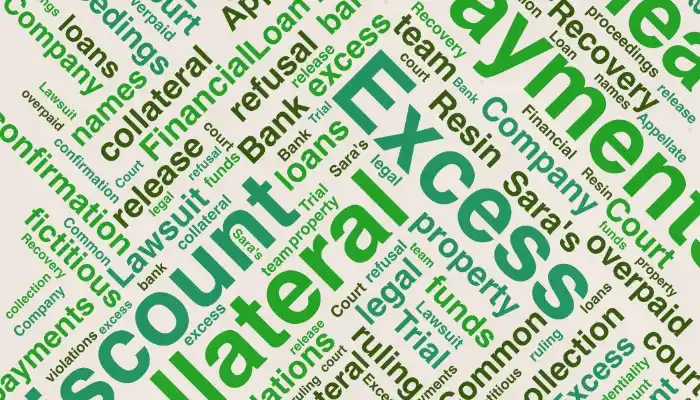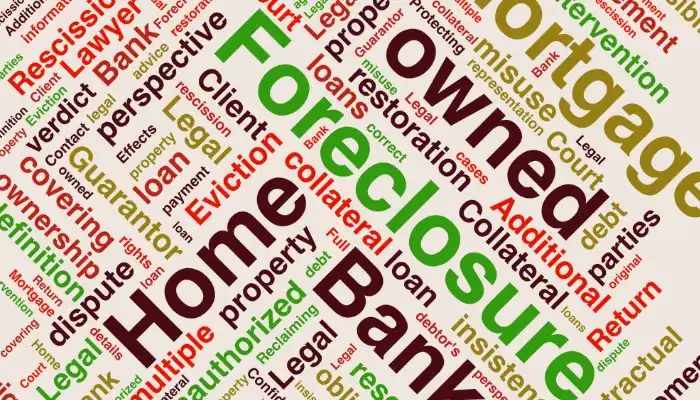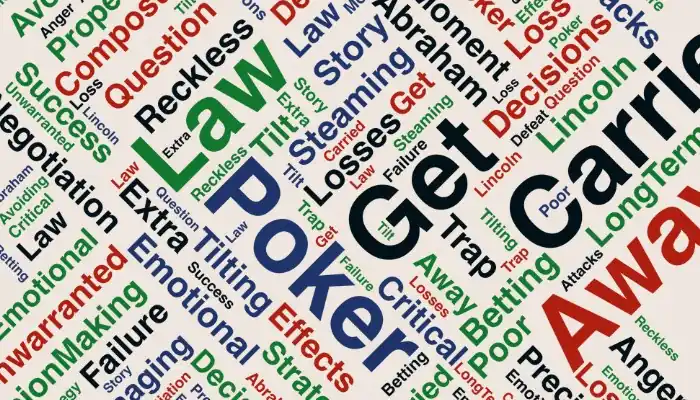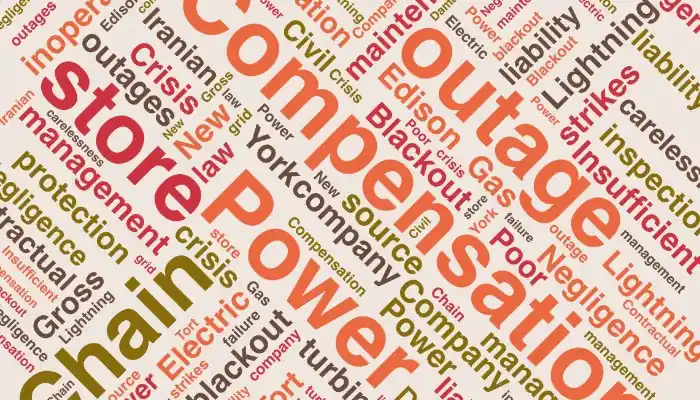In 2017, the Resin Company obtained three discount loans from the bank to finance its operations. To secure the repayment of these loans, Sara, acting in good faith and trusting the company, put up her valuable property as collateral with the bank.
After all the installments were paid and the debts were fully settled, as claimed by the bank, Resin Company approached the bank to release the collateral on Sara’s property. However, the bank refused to release the collateral, and despite repeated visits and correspondence by the company, no progress was made.
Resin Company felt responsible for Sara and was embarrassed by its inability to free her property. Seeing this unfair situation, the company approached us. Our financial and legal team began investigating the excess payments made to the bank and the release of the collateral. It was decided that in addition to filing a lawsuit to resolve the issue of releasing the collateral, we would also take action to recover the funds that had been paid to the bank over the legally owed amount.
During the case proceedings, we succeeded in convincing the court that not only had the bank received its legal due, but it had also collected more than the stipulated amount. Can you guess how much more had been collected compared to the original debt? Over 20%. In other words, for every 100 million Tomans paid to the bank, 20 million Tomans were in excess!
With the issuance of a fair ruling by the trial court, the bank, which had previously evaded responsibility, was ordered to repay the excess funds received by the company and to release the collateral on Sara’s property. This ruling was upheld in the appellate court as well.
Receiving excess payments is a common violation among banks. Do you think many loan recipients are aware of this? And how many of them take action to reclaim these excess payments?
For the protection of the parties involved, fictitious names have been used.
Feel free to contact us to review this ruling. It should be noted that to maintain confidentiality, the names of the parties, case number, judgment number, and issuing authority have been redacted.




